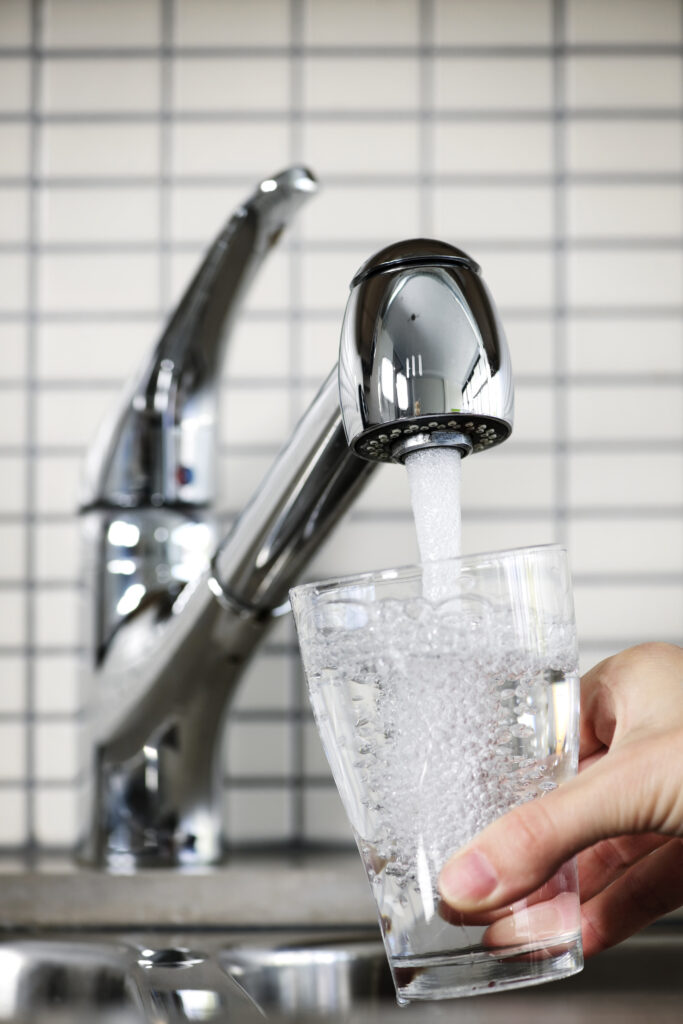Drinking Water and Dental Health

Water is a basic and vital element of our life, and its quantity and quality has a direct influence on our health. And our teeth are not an exception, because the oral cavity is primarily in contact with drinking water.
Water can be either hard or soft. Hard water is water that contains large levels of calcium and magnesium salts (hardness salts). Tooth enamel is one of our body’s strongest tissues. But even the enamel can be destroyed by the adverse effects of water. This is largely due to its structure – 92% of enamel consists of inorganic apatite substances, 2.7% of calcium salts and 2.3% of magnesium salts. Therefore, if there is an imbalance of these trace elements in the body, the enamel is quickly destroyed and frequent visits to the dentist are guaranteed. s
Microelements present in water
It would seem that in regions with hard water there is no problem with a lack of calcium, but it’s not that simple. First, when boiling, calcium remains on the walls of the kettle. Secondly, too much calcium can also lead to problems, not with teeth, but with the joints and blood vessels. Ideally, the calcium content in drinking water should not exceed 2.7%.
Magnesium salts
Like calcium, magnesium is involved in tooth enamel formation, but its daily rate for teeth is even lower, no more than 2.3% in drinking water.
Iron
Water with too much iron is yellowish, and if you drink it regularly for a long time it stains teeth enamel as well. The iron content in water should not be more than 0.3 milligrams per liter, otherwise it is not suitable not only for drinking but also for trivial household needs.
Fluoride
A uperson needs only 2 mg of fluoride a day. More of it (about 70%) is in drinking water. If you don’t have enough fluoride, your tooth enamel thins and tooth decay occurs. If there is too much fluoride, you can start to get fluorosis. Everyone knows very well what tooth decay is. That’s why people often buy toothpastes that contain fluoride. But if the water you drink has enough of this trace element, and more fluoride comes with the toothpaste, then an unpleasant brownish plaque and uneven spots can form on the teeth. Such “ripples” will intensify and in the end it will lead to the destruction of teeth.
How to get good drinking water?


